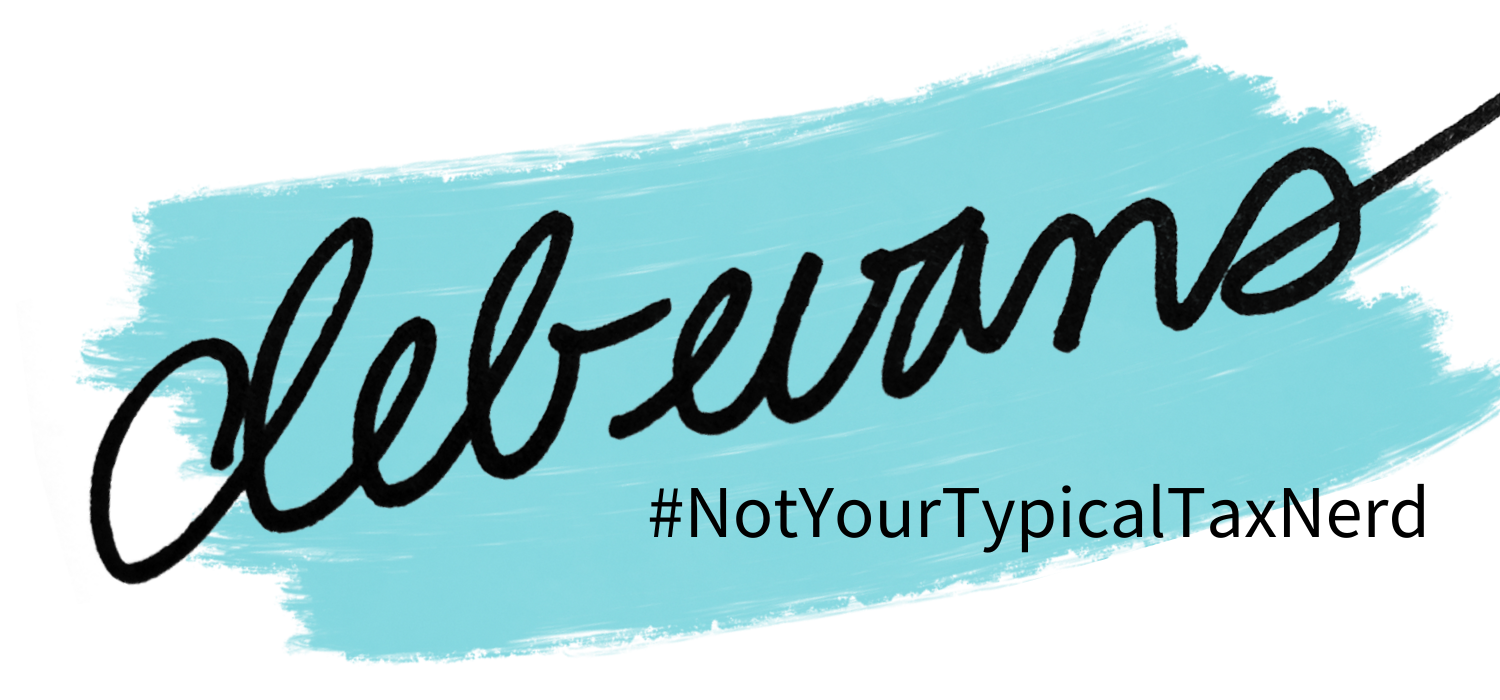Watch Out for Tax Scams on Social Media
Navigating tax season can feel overwhelming—especially with misleading tax advice circulating on social media. The IRS has identified numerous hashtags and viral topics that promote inaccurate or fraudulent tax strategies, often targeting self-employed individuals and business owners. Many of these schemes misuse legitimate tax forms for the wrong reasons, putting taxpayers at risk of audits, penalties, or even legal consequences.
Here are some scams the IRS has flagged this year and how they might impact you:
1. The Fake "Self-Employment Tax Credit"
Promoters on social media are falsely claiming that self-employed individuals, including gig workers and small business owners, can access up to $32,000 through a so-called "Self-Employment Tax Credit."
The Truth:
There is no such thing as a "Self-Employment Tax Credit." These scammers misdirect taxpayers to misuse Form 7202, which was only available in 2020 and 2021 for COVID-related Sick and Family Leave Credits.
Example:
Maria, a freelance graphic designer, sees a social media post promoting this credit and files Form 7202. Later, she receives an audit notice from the IRS, leading to stress, fines, and an amended return.
What to Do Instead:
If you’re unsure about available credits, consult a licensed tax professional or visit IRS.gov for accurate, up-to-date information.
2. Fraudulent Household Employee Claims
Scammers encourage taxpayers to invent fictitious household employees, such as nannies or caretakers, and file Schedule H (Form 1040) to claim false sick leave or family medical leave credits.
Example:
Emma, who runs an online boutique, is advised to claim her teenage daughter as a "household employee" to access a credit. This false claim leads to an IRS audit, jeopardizing her business finances.
What to Do Instead:
Only claim legitimate household employees for whom you’ve paid employment taxes.
3. Misuse of the Fuel Tax Credit
The Fuel Tax Credit is designed for businesses with specific uses, such as farming or off-highway vehicles. However, scammers suggest business owners claim it regardless of eligibility.
Example:
Jasmine, the owner of a yoga studio, is told she qualifies for a refund under the Fuel Tax Credit, even though her business doesn’t involve fuel use. She later faces penalties for filing a fraudulent return.
What to Do Instead:
Ensure your business meets the strict criteria for the Fuel Tax Credit. Most entrepreneurs in service industries won’t qualify.
4. Inflated Income and Withholding
Scammers advise taxpayers to falsify income, withholding amounts, and employer details on Form W-2 to claim oversized refunds.
Example:
Sophia, a freelance writer, creates a fake W-2 with exaggerated income and withholding amounts. While she initially receives a large refund, the IRS catches the error, demands repayment, and applies steep penalties.
What to Do Instead:
Report only your actual income and withholding. Filing false information can result in criminal charges.
5. Claim of Right Deduction Scheme
Promoters mislead taxpayers into claiming their wages as a deduction for “necessary expenses” on their returns, based on a misinterpretation of the tax code.
Example:
Lila, who owns a social media management agency, deducts her full salary as a business expense after seeing advice online. She later learns this deduction is illegal, resulting in hefty fines.
What to Do Instead:
Wages and personal income cannot be deducted in this way. Always verify deductions with a trusted tax professional.
How to Stay Safe During Tax Season
1. Use Trusted Resources:
Instead of relying on influencers or unverified social media posts, visit IRS.gov for clear instructions on how to file taxes and claim legitimate credits.
2. Consult a Tax Professional:
Work with a qualified tax preparer or enrolled agent who understands the nuances of self-employment taxes and small business deductions.
3. Fact-Check Information:
If you see a tax strategy online, verify it with IRS resources or a licensed professional before applying it to your return.
4. File Correctly:
Filing inaccurate returns can result in delayed refunds, audits, or even legal action. If you’ve already submitted a return with questionable claims, file an amended return to correct the mistake and avoid penalties.
Avoid the Risks and Protect Your Business
Tax scams can be costly, not only in terms of fines but also the time and stress of resolving disputes. For example, imagine losing valuable hours of your business day to respond to IRS inquiries or hiring a professional to resolve a penalty.
To stay compliant, take advantage of the detailed resources available on IRS.gov, follow their official social media channels, and always double-check advice from online sources. Investing in professional guidance is a small price to pay compared to the consequences of falling for a scam.
This tax season, protect your business—and your peace of mind—by filing accurately and avoiding questionable shortcuts.
